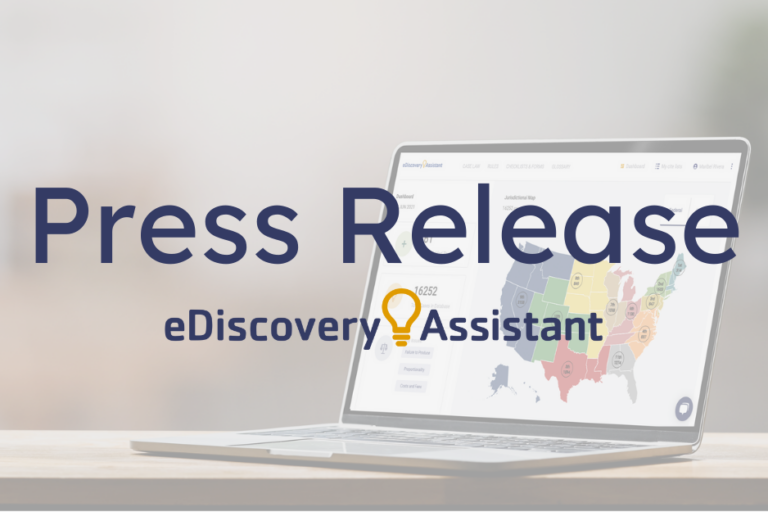eDiscovery is scary to many lawyers.
I know, I work with you all every day. And I do get it, I really do.
But here’s the thing — You have to stop passing the buck on eDiscovery. All of the information that your clients need you to have to represent them effectively exists electronically and you are missing the boat by not being involved in the process.
A week or so ago I gave a talk to 100 women in eDiscovery in Minneapolis. We talked about re-thinking the eDiscovery process. We talked about the decisions that AREN’T getting made early on in cases because lawyers are simply passing the buck to lit tech support or paralegals to handle the data.
If that’s you, or your firm, you are missing two very important concepts.
First — drum roll please — they are NOT lawyers.
Which means that they don’t think like lawyers. You likely haven’t told them the causes of action involved in the case, what you need to prove to win/defend your case, or what you know about the facts in sufficient detail. You just told them to handle the data and set it up for review. Incredulously, you may have even had them do a first pass review of the data for you.
Now, some may be very, very good. And that’s great. Really great. But how good can you be when you don’t have all the information to make decisions? How well can I conduct a first pass review if I don’t understand that an email that doesn’t directly address the product in the case is relevant because it could actually trigger a whole new cause of action or defense to the allegations? Those are legal decisions. And if you aren’t participating in what you see, you are leaving them on the table. Is that really competent representation?
You’ve heard of predictive coding, right? Don’t get all nervous, I’m not advocating it or launching into a discussion of it. In case you don’t know, generally, it’s a process for review that involves reviewing a seed set of documents (some percentage of the whole) and teaching the machine what is relevant based on that seed set. But one of the reasons judges and others like predictive coding is because it requires LAWYERS with SENIORITY and KNOWLEDGE of the case to conduct the initial review to teach the machine what matters. (Then the machine decides the rest.)
The process of deciding what you need, what to collect, how to collect it, where to put it, etc. requires that same level of knowledge with the case.
I’m telling you that the lawyers running the case NEED to be involved and see what’s happening with the data from the case at the outset. Or, you need experienced eDiscovery counsel to do it for you after gaining in depth knowledge about the case.
Second, you can learn SO MUCH INFORMATION about your case, take a better, more cost-effective approach for the matter and your client AND get better information faster by looking at the data early in the case.
You honestly won’t know what I’m talking about until you do it. Sit down with your lit support folks and look at the data early on. Use a tool that allows you to index the data and see what you have before loading it into the full blown review tool. You’ll be able to filter and out large chunks of data that you don’t need to review.
I’m advocating for you to review less, and spend more time concentrating on the data that’s valuable to your case.
We all know that as litigators we get so bogged down in so many details. Lighten the details. Pay attention to the data up front.
Do better discovery.
Get in the game.





